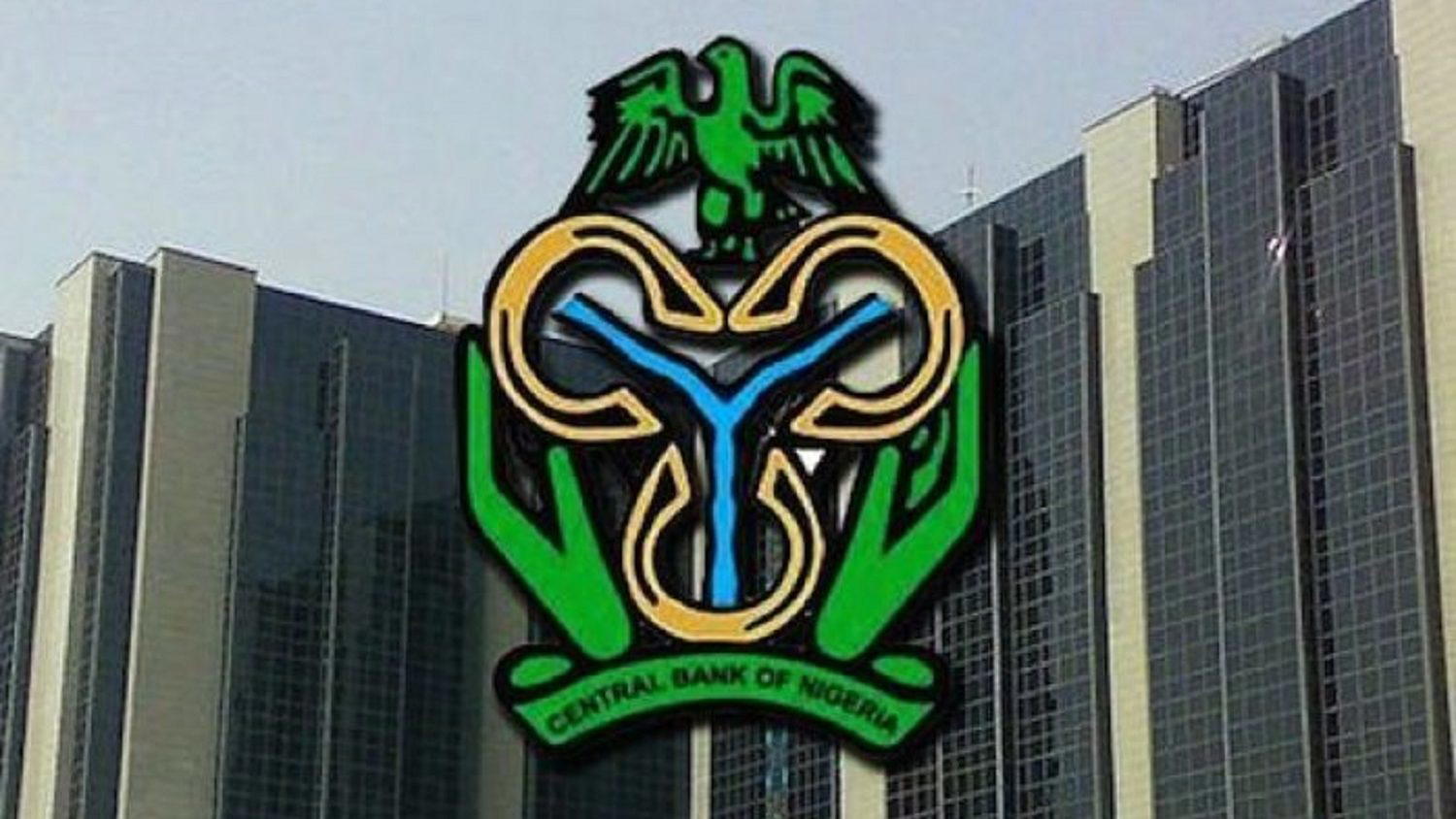Banks’ borrowing from CBN falls 14% to N453.7bn
Banks’ borrowings from the Central Bank of Nigeria (CBN) Standing Lending Facility (SLF) fell month-on-month (MoM) by 14 percent to N453.7 billion in February from N528.15 billion in January 2023.

Vanguard findings from the CBN’s Financial Data for January and February 2023, however, showed that banks’ deposits in the apex bank’s Standing Deposit Facility, SDF, rose by same margin (14 percent) to N668.86 billion in February 2023 from N584.79 billion in January 2023.
The decline in banks’ borrowings from the SLF reflects the current decline in money supply in the economy due to the various economic policies implemented since November 2022 to curb inflation and mop up cash in the economy.
The CBN Money and Credit data for January showed that Nigerians in response to the initial deadline to the CBN’s redesigned Naira policy deposited N1.81 trillion into the banking system in January.
Consequently, Currency Outside Banks (CoB) fell MoM by 70 per cent to N788.9 billion in January 2023 from N2.6 trillion in December 2022.
Recently, the National Bureau of Statistics (NBS) consumer price inflation report for February showed that headline inflation rate rose 0.09 percentage points to 21.91 percent in February 2023 from 21.82 percent in January, showing an acceleration of the headline index for the second month to a near seventeen and half-year high.
The witnessed acceleration according to analysts at Cowry Asset Management was partly a result of the persistent food shortages and the unprecedented naira scarcity witnessed during the month as an upshot of the central bank’s redesigned Naira policy.
With the CBN’s Monetary Policy Committee meeting this week to decide on various monetary and economic indicators in the face of unabating trend in inflation, they predicted further rise in inflation rate to 22.1 percent this month saying, “Across the globe, rising inflation has continued to be a front burner in most economies, including Nigeria, and escalating the price stability plans far from the hands of the monetary authority; an economic growth trade-off that may further drive the central bank’s position for an extended contractionary stance.
“At the next monetary policy committee meeting, we will opine for a hold stance from the committee following the slow rise in February inflation numbers against the backdrop of the gradual adoption of the cashless policy and limited currency in circulation. However, we project the headline inflation to be 22.1 percent in March 2023.”
-vanguard







